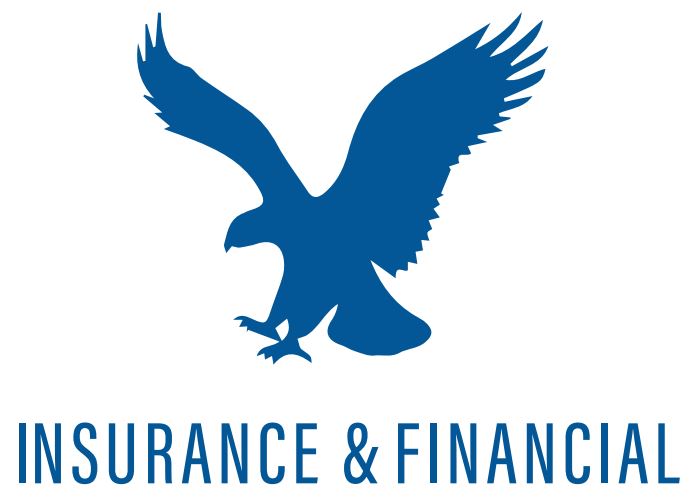When a person signs up for insurance, part of the approval process involves the insurer evaluating the applicant’s insurance credit score. This information helps to determine a person’s level of risk, or how likely it is that a particular applicant will be to file a future claim. By calculating this risk ahead of time, insurance providers are better able to determine the appropriate rates to charge. To help get a clearer understanding of insurance scores, here are a few FAQs to keep in mind.
What information is used to determine a person’s insurance credit score?
Not all insurance providers use the exact same formula, but generally speaking, insurance scores are calculated using the following two pieces of data:
- Accident and insurance claim history
- Information from personal credit report
Is an insurance credit score the same as a regular credit score?
In a word: no. Credit scores are designed to assess how likely a person is to pay back a financial debt. An insurance credit score, on the other hand, is used to assess the likelihood of a person getting into an accident and/or filing a claim. While the information found on a person’s regular credit report may factor into insurance scores, the two are not the same.
How does credit information impact insurance scores?
When calculating an insurance credit score, certain things associated with a person’s financial history will impact the outcome, both positively and negatively.
Positive Credit Factors
- Established credit history
- Multiple open accounts that are in good standing
- No (or few) late payments or past due balances
- Minimal use of available credit
Negative Credit Factors
- Numerous late or past-due payments
- Accounts in collection
- Multiple recent attempts to apply for credit
- High use of available credit
Can I do anything to improve my insurance credit score?
Absolutely! While certain unfavorable factors may be out of your control, such as limited credit history, there are other things you can do to gradually bring up your insurance scores. For example, paying all your bills on time, keeping credit accounts up to date and in good standing and not applying for credit too many times in a short period of time are all things that can improve your rating and ultimately lower your insurance premiums in the future.
Curious about your insurance score? Contact us today to find out where you stand.


